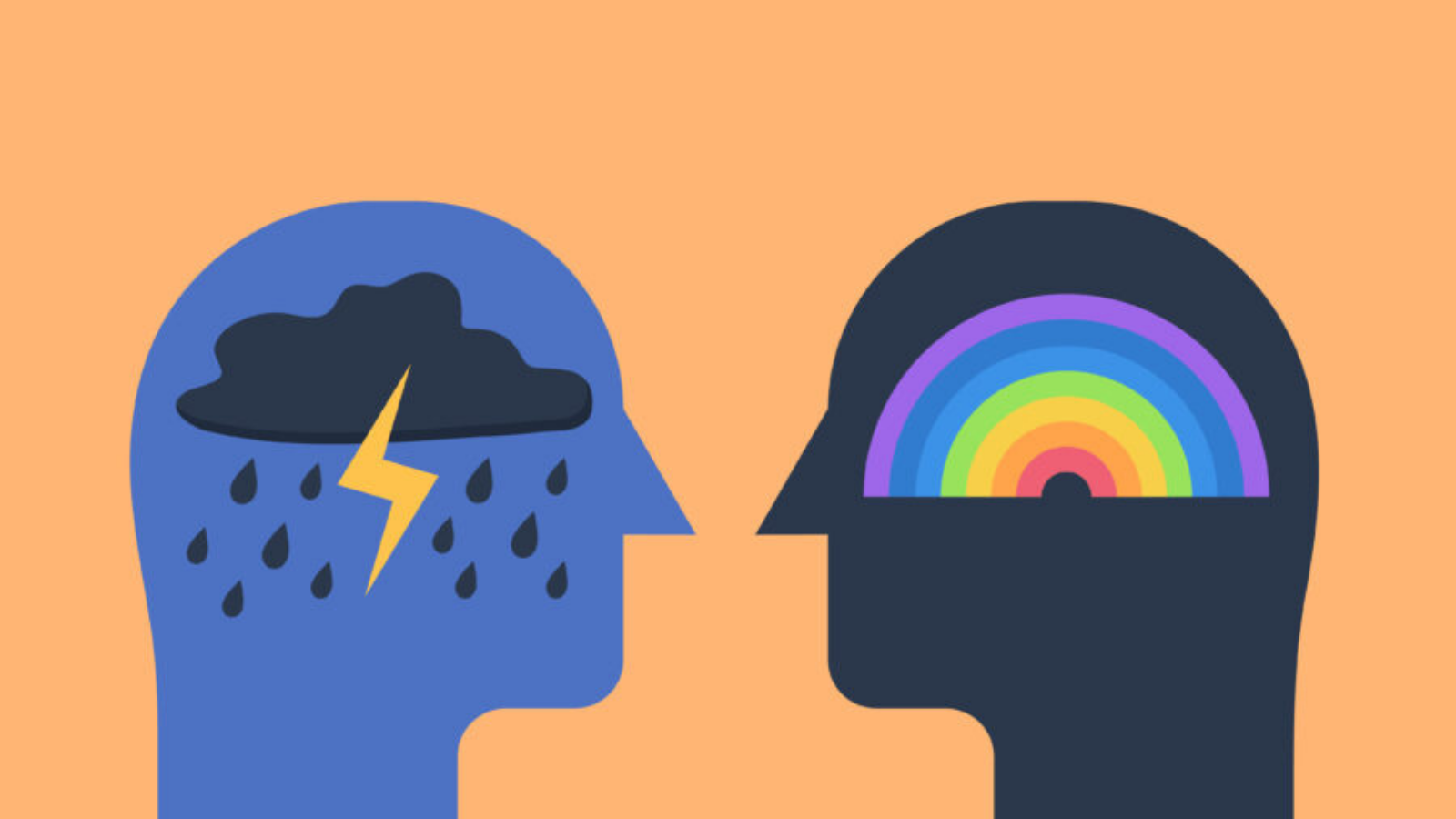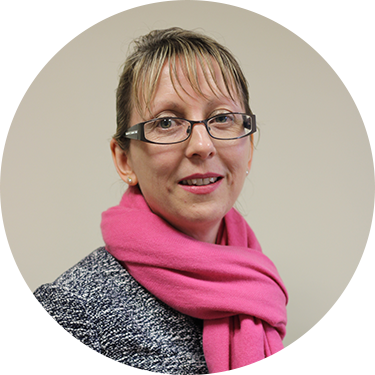
Rachel Parker, a DECIPHer-based PhD researcher and mental health consultant, reflects on working with community-based projects during the pandemic.

My research area is adolescent self-harm prevention and intervention support. My PhD centres upon preventative support planning for adolescent self-harm in the UK, exploring the secondary school setting and the connected systems to plan support that is acceptable and feasible for schools.
When the COVID-19 pandemic started, l was able to immediately draw on my PhD knowledge to understand some of the challenges children and young people would face. Aware of the changing demands that would take place in the context of COVID-19, and the need for rapidly increasing service capacity to support youth mental health, I volunteered my services in three community-based projects in Wales to help deliver this.
The community-based projects included:
• A new mental health and well-being project called SAIB (meaning “pause”/”rest” in Welsh) for secondary school pupils in Wales;
• The youth charity Area 43’s funding bid and the service development for counselling services to children and young people (this bid was successful, and will lead to five years of service provision);
• The Well-Being Doc, a well-being and psychoeducation support site for community-based front-line staff who work with children and young people. It aims to strengthen and protect the staff’s well-being in the current COVID-19 context so they can continue to provide quality support for the young people they work with.
What support do young people need?
I used my current PhD research data for evidence of what young people want from their mental health and well-being support. Examples included:
• Non-stigmatising and non-judgemental;
• Delivered universally to ALL pupils;
• Delivered by professionals who are trained in working with young people and who know how communicate effectively using a range of outlets;
• Accessible (hence a variety of options, such as online and via social media, apps, as well as also a classroom format option);
• Partnership-based;
• Takes young people and their needs seriously, facilitating their voices and views on these issues to be heard in policy and practice for support design;
• Offers access to one-to-one additional support if needed.
Drawing on my resources
I kept up-to-speed with the emerging COVID-19 research on youth mental health and well-being impacts. Resources I used included The Lancet, the European Psychiatric Association, Elsevier and WHO. At the very outset, OCHA’s guidance document informed my rapid response approach to building capacity to address the mental health and psychosocial aspects of the COVID-19 outbreak for youth.
Another area that I focussed upon was ethical practice, to ensure the safety and well-being of both youth and staff. I used my research safety protocol and design from my current PhD research work at DECIPHer and specifically translated this into working practice for this purpose (more information about this can be found here).
What I learned
The community engagement was extremely beneficial for me as a researcher, giving me new insights about the youth mental health impacts from within the COVID-19 context, which I can now take forward in my research. It was also an invaluable experience to apply my DECIPHer public health complex-systems training within the real-world crisis of COVID-19. This engagement shows how research, when put into practice, can help to strengthen service capacity within our communities, improving the mental health and well-being of young people in challenging times.